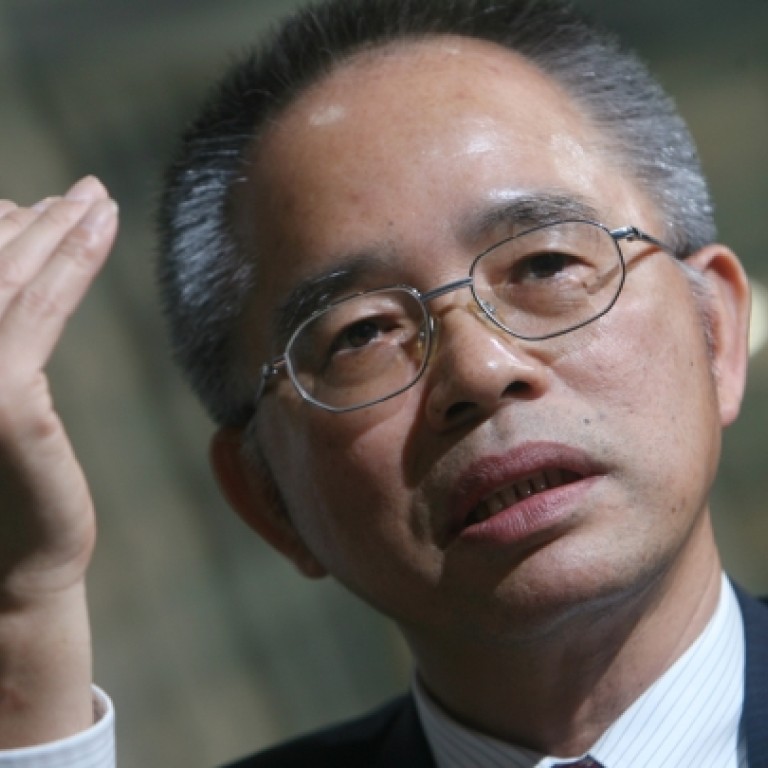
Solargiga hopes Japanese market can pull it out of the doldrums
Solargiga Energy Holdings this month said its long-time customer Sharp Corp had agreed to buy 370 megawatt (MW) of solar modules in the 12 months to March 31 next year. This is the first time Sharp is buying modules from Solargiga.
Solargiga Energy Holdings, a solar power product and solar farms developer, is pinning its hopes on the Japanese market to pull it out of the industry doldrums this year amid rising trade barriers from Europe against mainland products.
The Liaoning-based firm this month said its long-time customer Sharp Corp had agreed to buy 370 megawatt (MW) of solar modules in the 12 months to March 31 next year. This is the first time Sharp is buying modules from Solargiga.
"The Japanese market offers the best pricing and growth prospect this year," said Solargiga executive director Hsu You-yuan. "Given European governments have been cutting subsidies and raising tariffs, we need to further diversify our markets."
He declined to reveal the order's value, citing a confidentiality agreement with Sharp. Japan accounted for 28 per cent of Solargiga's sales last year, and the mainland 54 per cent, but its mainland customers were highly reliant on the European market.
The crystalline-silicon solar panel industry has a long supply chain, starting with polysilicon, which is processed into ingots, wafers, cells and panels.
Solargiga last year sold 78MW of ingots, 245MW of wafers, 91MW of cells and 57MW of panels. It also developed and installed 35MW of solar farms in the mainland and Germany.
Solargiga had a net loss of 1.28 billion yuan (HK$1.6 billion) last year owing to huge asset write-downs. Operating loss amounted to 503.7 million yuan, compared to a profit of 106 million yuan in 2011, as prices and volumes sank amid industry overcapacity.
The loss meant it broke some conditions of a US$75-million loan from banks, and was forced to raise over US$50 million from existing and new shareholders.

